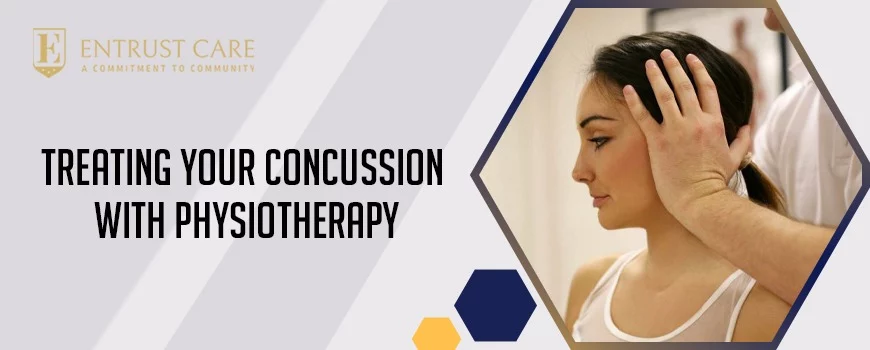A concussion is a traumatic brain injury that can cause symptoms including dizziness, nausea, and confusion. Your physiotherapist or healthcare provider needs to know what type of injury you have and how long you were injured. Once this information has been established, it’s time to start treating yourself with Physiotherapy treatments Aylesbury that will help your body heal from this type of trauma.
Prolotherapy
Prolotherapy is a treatment for chronic pain. It involves injecting a solution into the site of pain, which can help relieve muscle tightening and inflammation in your muscles. This treatment can be used to treat back pain, knee pain, and shoulder pain as well as other joint pains such as tennis elbow or shin splints.
Dry Needling
Dry needling is a type of acupuncture that is used to treat muscle pain. It works by inserting a thin needle into the skin and then using manual pressure on the needle tip to release trigger points, which are tight knots in the muscle that cause pain.
Dry needling is effective at treating back and neck pain as well as shoulder pain, but it’s not clear whether it can help with concussion symptoms like dizziness, nausea, or headaches.
Massage therapy
Massage therapy is a type of physiotherapy that helps reduce pain, muscle tension, headaches, and dizziness. It can also improve balance and coordination.
Massage is an ancient practice that was used for centuries to heal illnesses such as arthritis or sports injuries. Today, massage has become an important part of recovery from a concussion because it provides beneficial effects on the nervous system by stimulating the brain’s limbic system. This may help you feel better faster than other types of treatments such as medication or rest alone.
Orthopedic Acupuncture
Acupuncture is a form of traditional Chinese medicine. It uses needles to stimulate points in the body, which can help with pain and stress. Acupuncture can also be used to treat concussion symptoms such as memory loss or headaches, along with other conditions such as muscle tightness or joint pain.
Acupuncture is available in clinics or at home through a practitioner who has been trained in this form of treatment.
Graston Technique
Graston Technique is a form of dry needling that uses the same principles as acupuncture but does so by inserting needles into areas of your body. It’s used to treat pain, especially chronic pain and soft tissue injuries such as muscle spasms.
Vestibular Rehabilitation Therapy
Vestibular rehabilitation therapy is a type of physiotherapy that rehabilitates the vestibular system. The vestibular system is responsible for balance, coordination, and spatial orientation.
Vestibular rehabilitation therapy can be used to treat dizziness and balance problems associated with concussion injuries as well as other conditions such as stroke. It usually involves exercises and activities that help you improve your balance, coordination, and spatial orientation.
Vestibular rehabilitation therapy can take place in a group setting with other patients who have received similar treatments or in an individual setting with one-on-one attention from physiotherapists who will monitor your progress closely over time (see below).
These treatments can help you heal from a concussion.
Physiotherapy is a treatment that focuses on improving movement and strength. It can help you recover from a concussion, get back to your normal activities, and feel better overall.
Physiotherapy treatments aren’t a substitute for medical advice—they’re designed to complement it, and not replace it. If you have any concerns about your concussion symptoms or need further advice about how to manage them, talk with us at Entrust Care to understand what kind of physiotherapy program would best suit you.
Conclusion
It’s important to know the difference between a concussion and a mild brain injury. Most people who get concussions recover completely, but others may experience long-term problems related to the injury.
If you think you suffered a concussion, speak with your doctor as soon as possible about diagnosis and treatment options. They can help decide whether or not it’s safe for you to return to work or school after recovery. They will also recommend additional therapies that could speed up recovery time.

